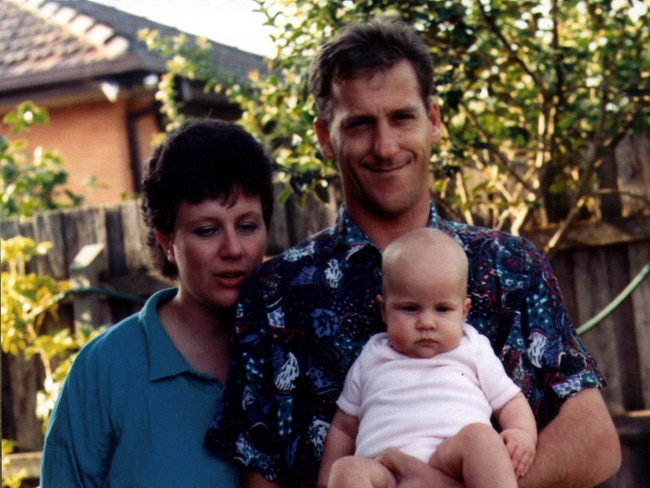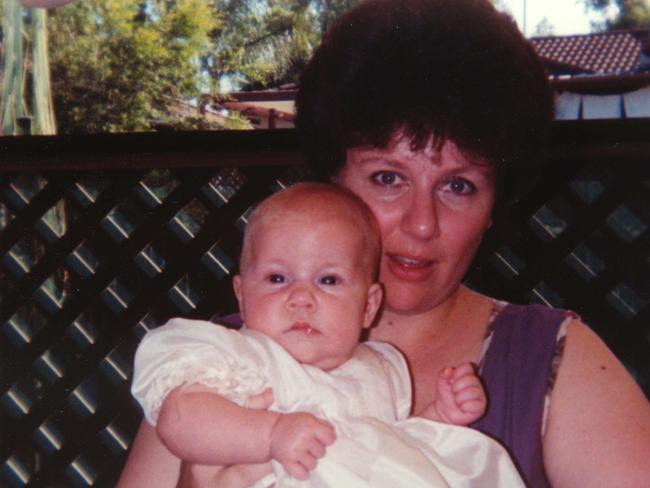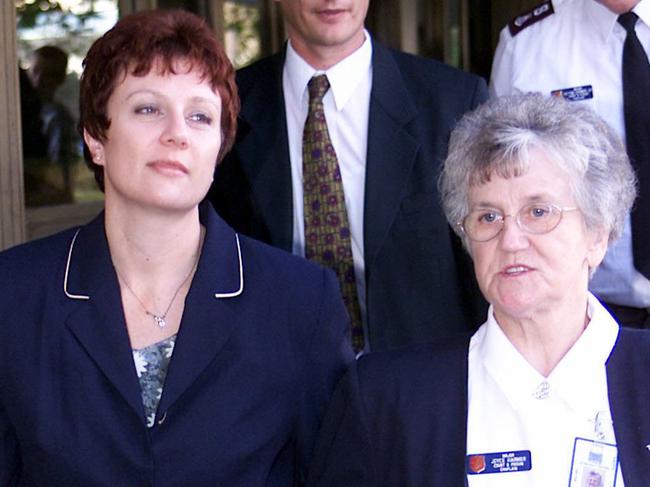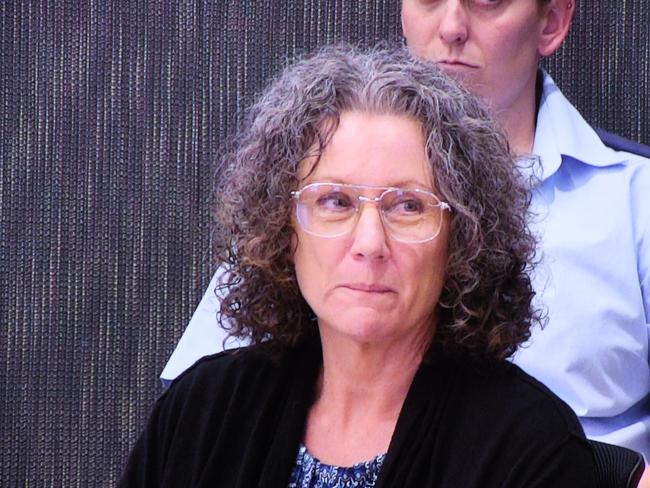DDP accepts ‘reasonable doubt’ about Kathleen Folbigg’s four convictions, inquiry told
She’s spent more than 20 years behind bars branded as Australia’s worst female serial killer. But a second inquiry into Kathleen Folbigg’s convictions could see her freed. Here’s why.
NSW
Don't miss out on the headlines from NSW. Followed categories will be added to My News.
Kathleen Folbigg, the woman who has spent 20 years behind bars branded as Australia’s worst female serial killer, on Wednesday got a glimpse of freedom.
The second inquiry into Folbigg’s case heard the Director of Public Prosecutions has accepted that new scientific evidence has cast reasonable doubt over her convictions for killing her four children.
“To hear it in the courtroom this morning, I should have brought my tissues, I cried a river,” Folbigg’s school friend and long term supporter Tracy Chapman said.
“It’s an injustice that we’ve kept an innocent grieving mother that’s lost four children in prison for 20 years.”
Folbigg, now 55, was jailed in 2003 for a minimum of 25 years for the murder of her three children Patrick, Sarah and Laura and manslaughter of a fourth, Caleb, in a case that relied heavily on her diary entries written at the time.

But on Wednesday Sophie Callan, SC, counsel assisting the inquiry, said “on the whole of the body of evidence before this inquiry there is a reasonable doubt as to Ms Folbigg’s guilt”.
She said the DPP also found “on the evidence now available it is open to the inquiry to conclude there is reasonable doubt about Ms Folbigg’s guilt”.
The inquiry is headed by former NSW chief justice Tom Bathurst, KC.
If he agrees there is reasonable doubt over the convictions he can simultaneously refer the matter to Governor Margaret Beazley for a pardon and to the Court of Criminal Appeal to consider quashing her convictions.
An earlier inquiry in 2019 confirmed Folbigg’s guilt but since then new scientific evidence has found Folbigg and her two daughters had a genetic mutation not shared by her two sons that causes irregular heart rhythms.
Ms Callan said there was a “strong causal connection” between the CALM2 genetic variation and Laura and Sarah’s deaths.

While the experts agreed it was a possible cause, they were divided on whether it was likely.
One expert, cardiologist and geneticist, Prof Calum MacCrae, said it was “probabilistically unlikely” that it could have caused the death of the two girls and that “a completely unrelated phenomenon” killed the two boys.
Ms Callan said evidence indicated Patrick died from epilepsy which in turn cast doubt on Folbigg’s guilt over his death and his brother Caleb.
Ms Callan said Folbigg’s diary entries had been analysed by psychiatrists and psychologists who concluded they were not admissions of guilt for murder but a mother’s outpouring of grief for failing her children.
In one entry about Laura, Folbigg wrote: “I feel like the worst mother on this Earth. Scared she’ll leave me now like Sarah did. I knew I was short-tempered and cruel sometimes to her, and she left. With a bit of help.”


However Ms Callan said the expert analysis “casts Ms Folbigg’s expressions of guilt and responsibility for the deaths of her children in her diary and journal entries in a very different light”.
Peter Hastings, KC, representing the childrens’ father Craig Folbigg, called on the inquiry to consider the diary entries in the way they had been interpreted at the original trial and subsequently 10 superior court judges.
“Apparently no one in that group had the common sense to identify the current findings,” he said.
“It’s not rocket science.”
He said the inquiry should consider the statistical probability of four deaths happening in one family as being “one in a billion”.
Dr Robert Cavanagh, representing Folbigg, said she came before the inquiry stating very clearly “she committed no crimes against her children”.
“She comes before this inquiry saying she did her best to protect her children and she loved each one of them despite what the public has been led to believe over a 20 year period.”
He said she had spent her time in jail “constantly fearing for her safety”.
“She has been very seriously assaulted for being a baby killer, which she is not. This would be enough to break any person but she maintains strength and the belief that one day the truth would be revealed,” he said.





